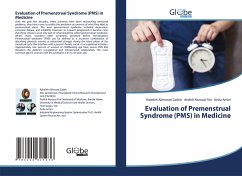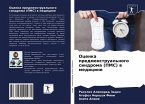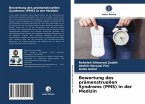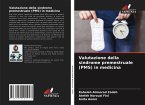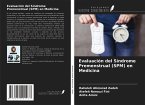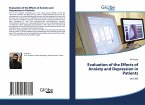Over the past few decades, when scientists have been researching menstrual problems, they have come to realize the persistent occurrence of what they label as premenstrual stress. The term premenstrual syndrome included depression, excessive fatigue, and irritability. However, as research progressed, it became clear that these stresses were only part of what should be called premenstrual syndrome. What's more, countless other symptoms persisted before menstruation. Premenstrual syndrome (PMS) can be defined as a recurrent combination of disturbing physical, mental, or behavioral changes during the luteal phase of the menstrual cycle that interfere with a person's family, social, or occupational activities. Approximately one percent of women of childbearing age have severe PMS that threatens the patient's occupational and interpersonal relationships. The most common age for women with this syndrome is 25 to 45 years old.
Bitte wählen Sie Ihr Anliegen aus.
Rechnungen
Retourenschein anfordern
Bestellstatus
Storno

